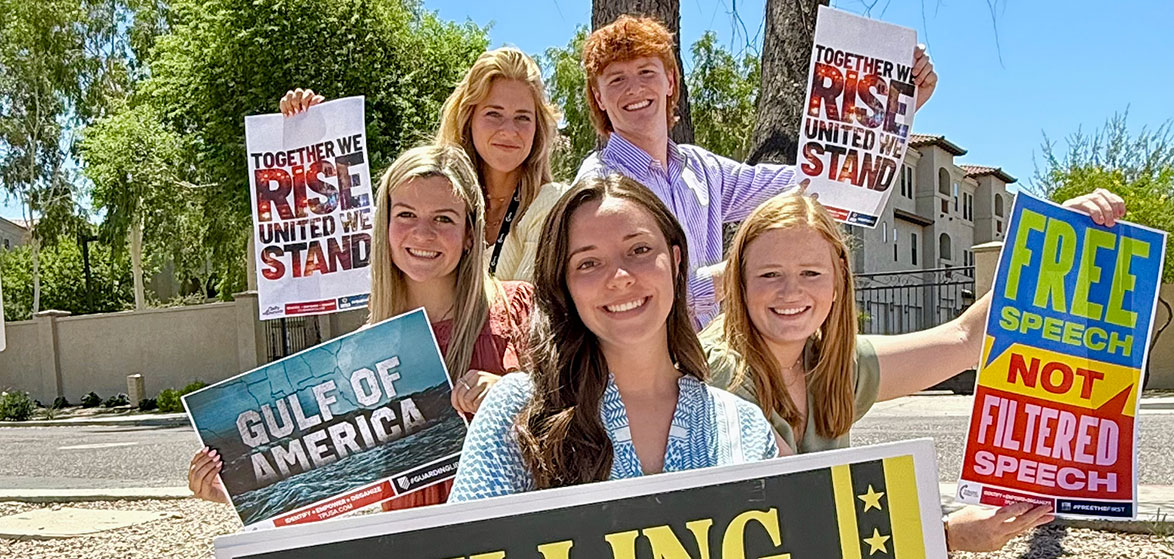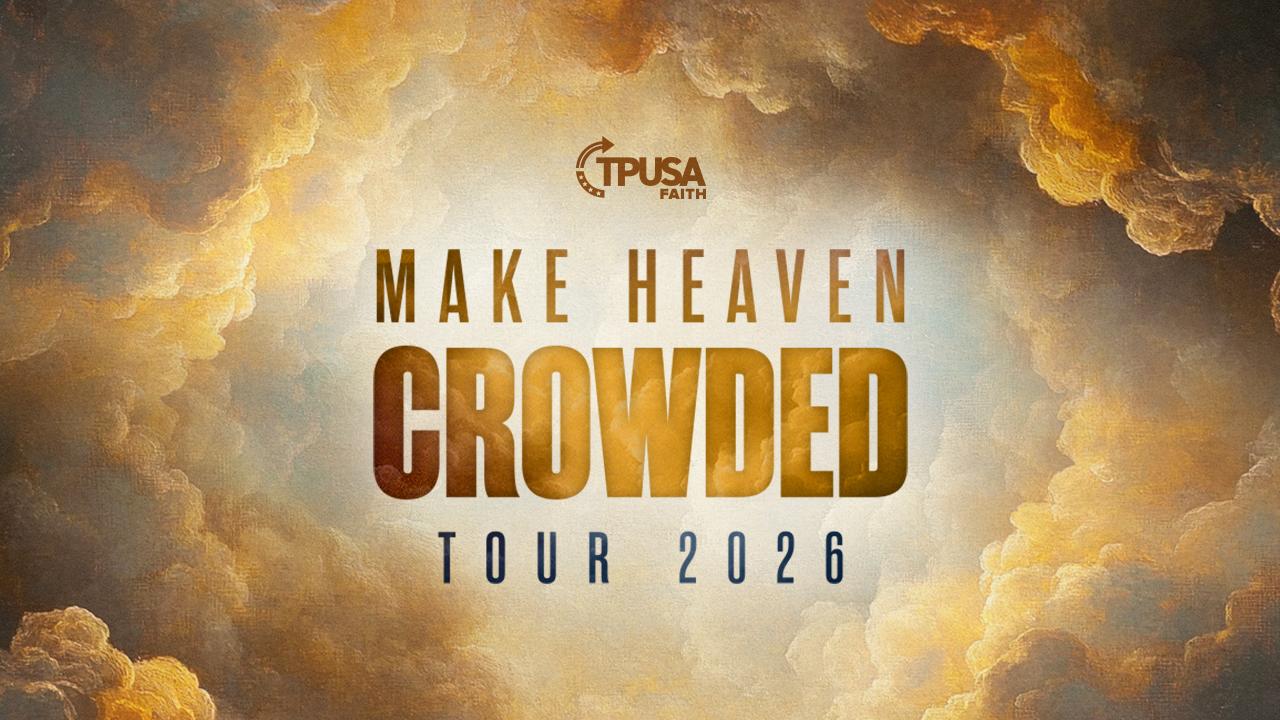
Texas Attorney General Ken Paxton has filed a lawsuit against pharmaceutical company Pfizer over what he alleged was a misrepresentation of the efficacy of the COVID-19 vaccine to the public.
In a press release published Thursday, Paxton’s office claimed that Pfizer “engaged in false, deceptive, and misleading acts and practices by making unsupported claims regarding the company’s COVID-19 vaccine in violation of the Texas Deceptive Trade Practices Act.”
Additionally, the Attorney General’s office claimed, “Pfizer’s product failed to live up to the company’s representations. COVID-19 cases increased after widespread vaccine administration, and some areas saw a greater percentage of deaths from COVID-19 among the vaccinated population than the unvaccinated.”
Throughout the complaint, Paxton references data collected on Pfizer’s mRNA COVID-19 vaccine from Israel, “the vaccine’s relative risk reduction dropped precipitously—from 64% in June 2021 to 39% just one month later.” He also added, “certain jurisdictions reported negative vaccine efficacy in late 2021 and early 2022—meaning a greater percentage of vaccinated persons contracted, and even died from, COVID-19 than unvaccinated.”
AG Paxton also accused Pfizer of coercing social media platforms to “silence prominent truth-tellers” and “request[ing] that social media platforms silence a former FDA director because his comments could ‘driv[e] news coverage’ critical of the vaccine.”
Because the company touted the efficacy of the vaccine throughout its advertisement despite an alleged lack of evidence to support its claims, Paxton believes Pfizer is in violation of the Texas Deceptive Trade Practices Act (DTPA). “The State brings this action on the grounds that Pfizer has engaged in ‘false, deceptive, and misleading acts and practices in the course of trade and commerce’ as defined in, and declared unlawful,” the complaint stated.
TPUSA recently reported that Pfizer published a press release in October listing an “increased risk of myocarditis,” as a potential side effect for certain recipients of the mRNA vaccine. Despite the pharmaceutical manufacturing company acknowledging this link, social media users who questioned the efficacy of the vaccine for all recipients often had their online reach reduced — a technique to quench online conversations dubbed “shadow-banning.”














